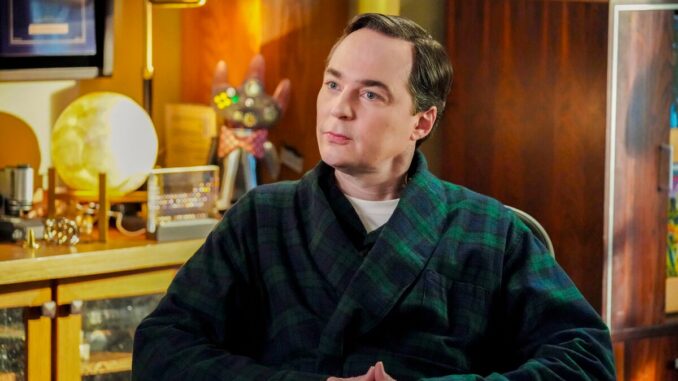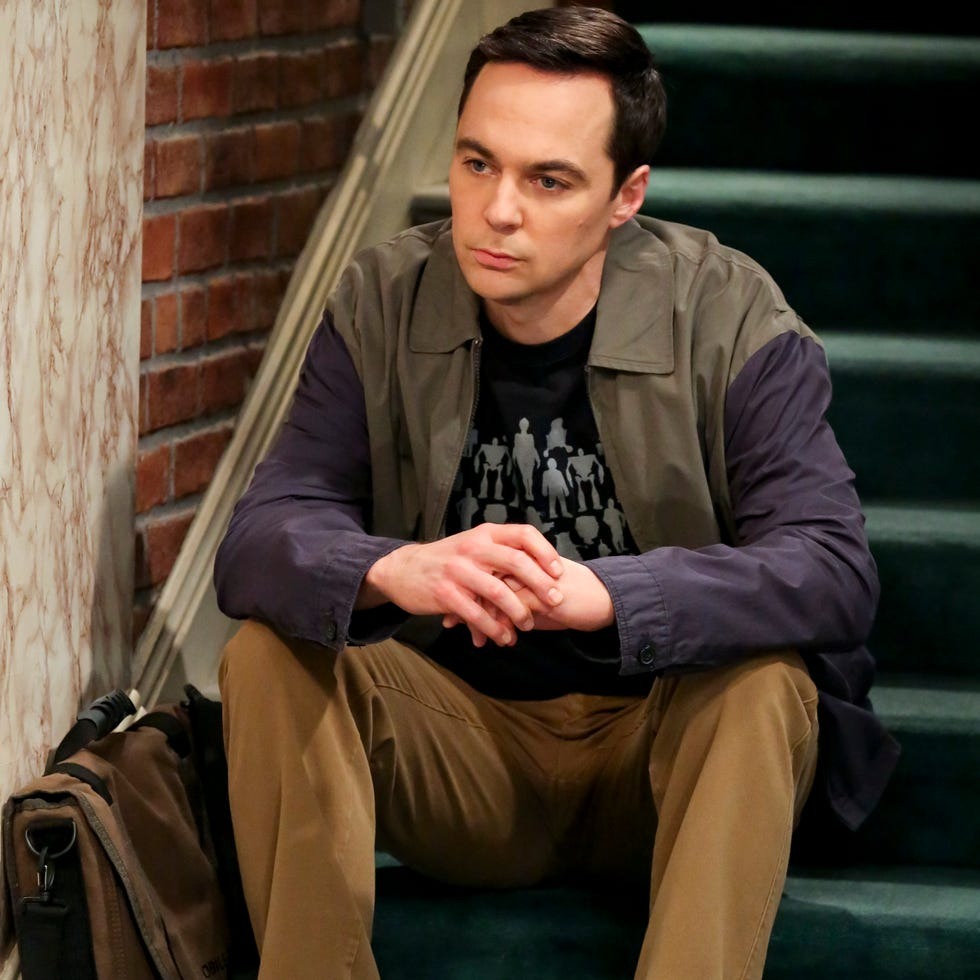
Five years post-The Big Bang Theory, a cosmic mistake haunts a fan-favorite character, turning clever moments into awkward storytelling flaws.
Five years after The Big Bang Theory ended, one cosmic blunder still haunts a fan-favorite character. A major meteor-sized mistake in the show’s timeline left viewers scratching their heads and wincing. What once felt clever and quirky now lands awkwardly, tarnishing the charm of a beloved character’s journey.
Even moments that were meant to be heartwarming or funny now feel off, like an unresolved equation. Fans can’t help but feel the sting of a plot twist that missed its mark—proof that even in geek paradise, science and sitcom storytelling sometimes collide in hilariously uncomfortable ways.
Sheldon Cooper: From Fan-Favorite Genius to The Big Bang Theory’s Uncomfortable Legacy
Five years after The Big Bang Theory wrapped up, one glaring issue has left its mark: Sheldon Cooper. Once a fan-favorite for his quirks and genius-level antics, his character now feels like the show’s Achilles’ heel. How he was written—and how others treated him—makes revisiting the series a tough sit for newcomers and long-time fans alike.
The issue? Sheldon’s portrayal straddled an uncomfortable line. While never explicitly labeled as neurodivergent, Sheldon exhibited traits many recognized: strict routines, sensory aversions, and hyperfixations. This could have been a chance for meaningful representation. Instead, his quirks became punchlines. The infamous triple-knock gag? Played for laughs. His attachment to his “spot” on the couch? Mocked. These seemingly harmless jokes normalized dismissiveness towards behaviors tied to neurodivergence.

Worse, Sheldon’s infantilization by characters like Leonard and Penny took things further. His love for model trains and need for comfort rituals, like the “Soft Kitty” song, were constantly framed as childish. Leonard and Penny often treated him like a kid, telling him what to eat or when to go to bed. This harmful stereotype painted Sheldon—and by extension, neurodivergent adults—as incapable of independence.
But Sheldon wasn’t just a victim of the script; he was also its antagonist. His frequent coldness and manipulative behavior fed into another harmful trope: that neurodivergent people lack empathy or can’t be held accountable. Moments of growth for Sheldon existed but came too late to overshadow years of unflattering portrayals.
Pair this with the show’s broader issues—jokes about women and marginalized groups that aged like milk—and The Big Bang Theory is a tricky rewatch. What once felt groundbreaking now feels tone-deaf, leaving Sheldon’s character as a reminder of how far pop culture still has to go in representing neurodivergence with care and nuance.
Fans Debate: Was Sheldon Cooper’s Quirkiness Insightful or Insulting?
The Big Bang Theory once celebrated nerd culture, but for many fans, Sheldon Cooper’s portrayal feels like a punchline rooted in ableism. His quirks became jokes, echoing the bullying neurodivergent people often endure in real life.
While Sheldon’s behavior resonated with some, leading to self-recognition and diagnoses, the show’s treatment of him often felt like mockery, not representation. For fans who see themselves in Sheldon, The Big Bang Theory leaves a bitter aftertaste.